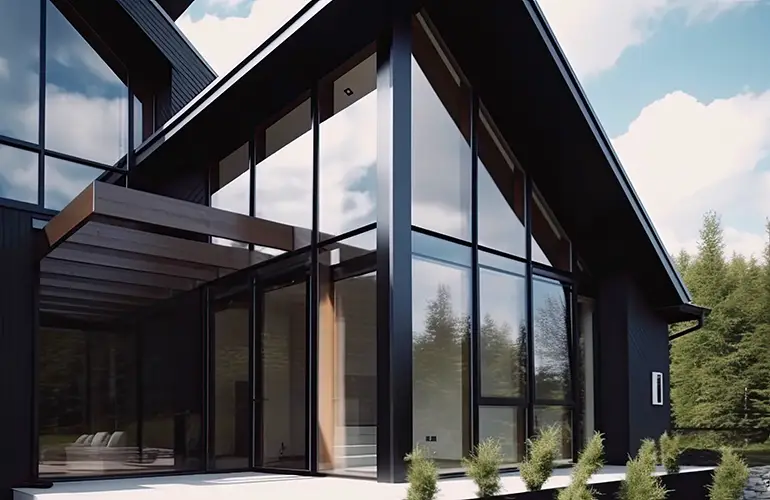August 29, 2024

Residential window tinting offers a range of benefits that enhance the comfort, energy efficiency, and privacy of your home. By applying window film, homeowners can enjoy a more controlled indoor environment while reducing energy costs and protecting interior furnishings.
One of the primary benefits of residential window tint is heat reduction. Window tinting can block up to 85% of the sun’s heat, making it easier to maintain a consistent temperature inside the home. This reduction in heat transfer helps lessen the strain on air conditioning systems, leading to lower energy bills and a more energy-efficient home.
Another significant advantage is UV protection. Window tint can block up to 99% of harmful ultraviolet rays, which are responsible for fading furniture, carpets, and artwork. By protecting your interior from UV damage, window tinting helps preserve the quality and lifespan of your furnishings.
Glare reduction is also a key benefit. Window tint minimizes the harsh glare from the sun that can make it difficult to see screens on televisions, computers, and other devices. This makes for a more comfortable living environment, especially in rooms with large windows.
Residential window tinting enhances privacy without sacrificing natural light. Tinted windows can obscure the view from the outside, giving you greater privacy during the day without the need for heavy curtains or blinds.
Window tinting improves safety and security. In the event of a window breakage, the film helps hold the glass together, reducing the risk of injury from shattered glass and making it more difficult for intruders to break in. Residential window tinting is a cost-effective way to improve comfort, protect your home’s interior, enhance privacy, and boost energy efficiency, making it a worthwhile investment for homeowners.